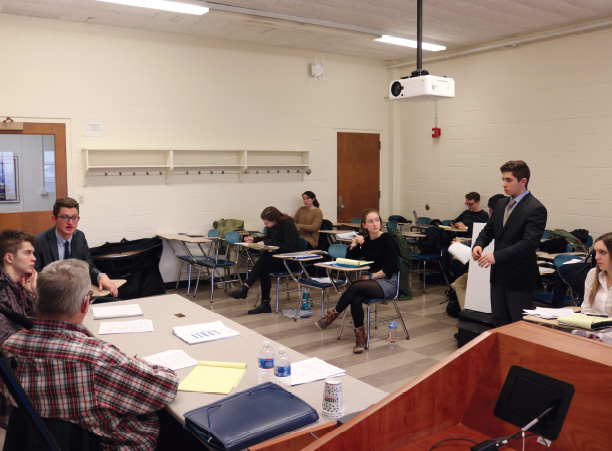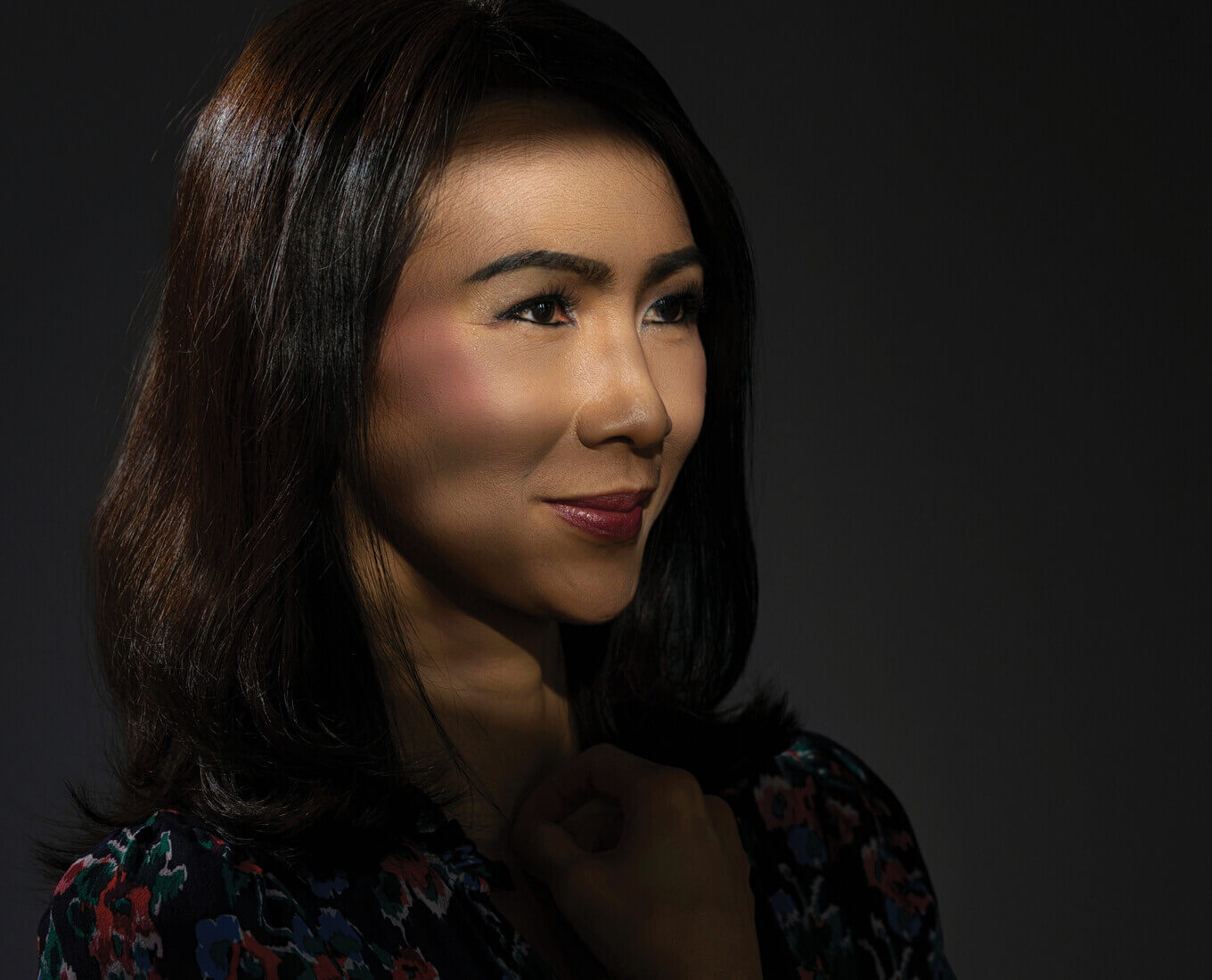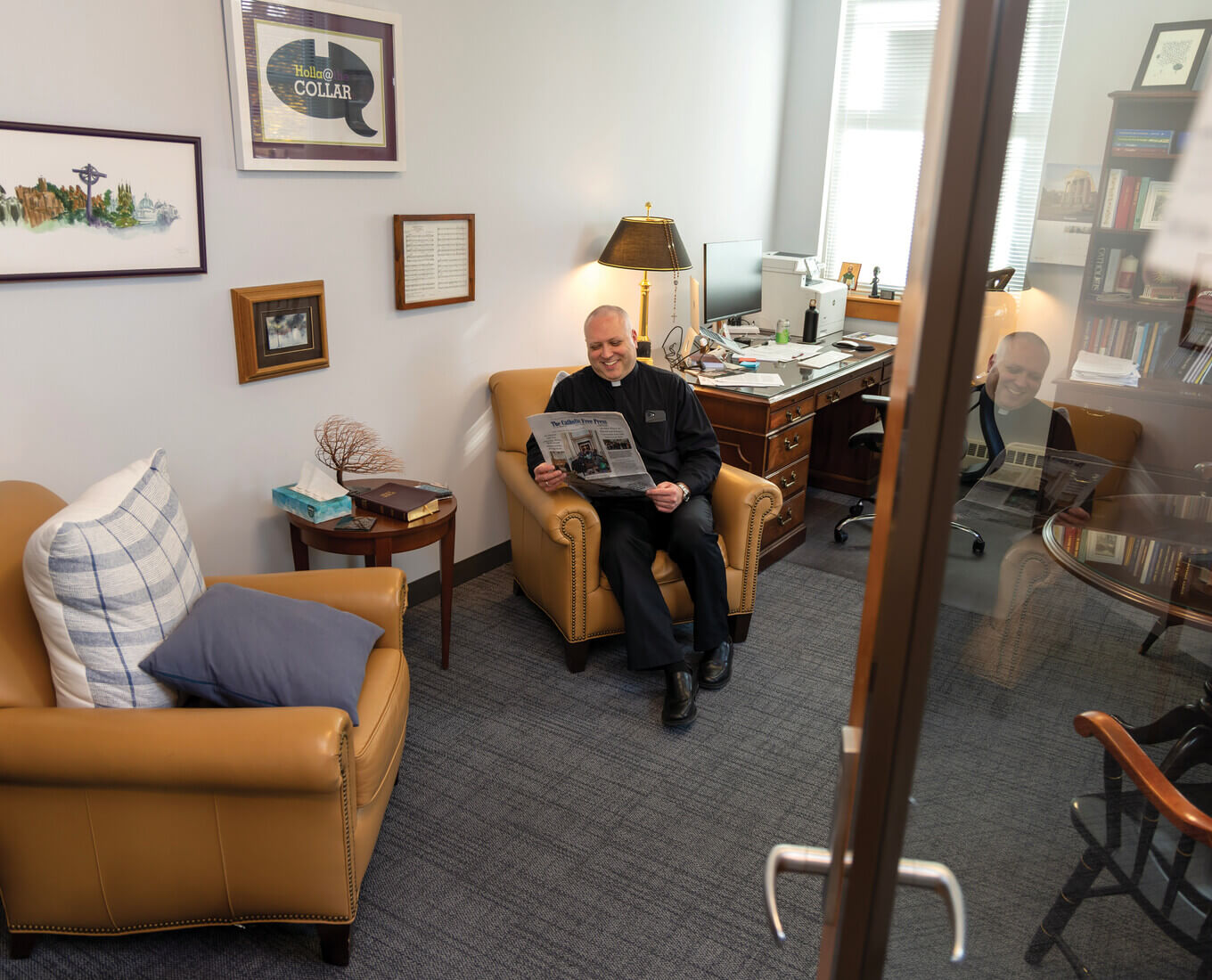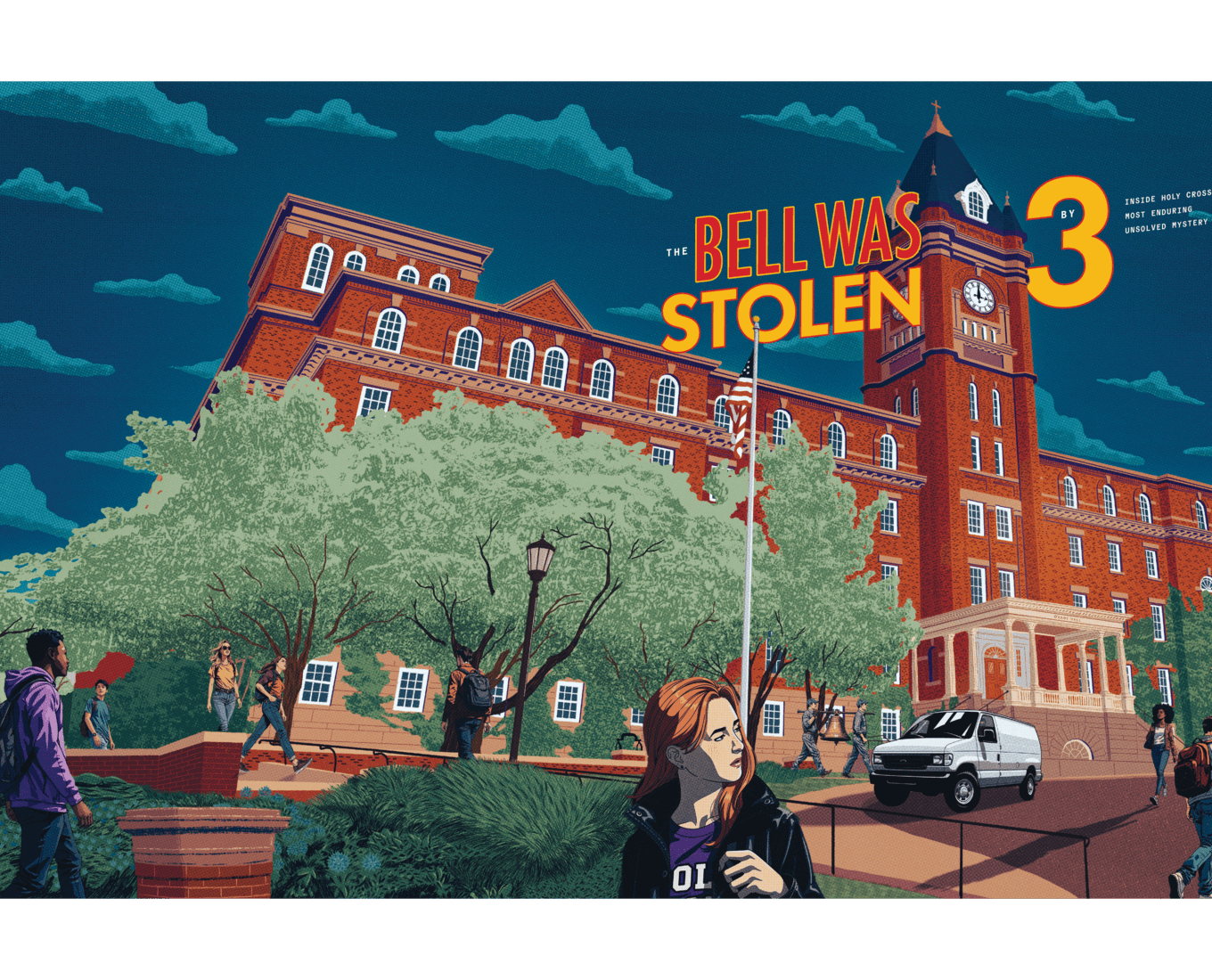 On July 16, 2017, Charley Waters saw everything. Waters witnessed Kerry Bell-Leon — the victim — argue with a known drug dealer at around 10:30 p.m., before entering the Jaywood Building through the back door. Later, Waters witnessed a person matching the description of the defendant access that same entrance. Later still, Waters watched an unidentified individual leave the building, then toss something into a dumpster behind the Jaywood, before running off. There, Detective Nichols located the pistol, which connects the defendant to the crime.
On July 16, 2017, Charley Waters saw everything. Waters witnessed Kerry Bell-Leon — the victim — argue with a known drug dealer at around 10:30 p.m., before entering the Jaywood Building through the back door. Later, Waters witnessed a person matching the description of the defendant access that same entrance. Later still, Waters watched an unidentified individual leave the building, then toss something into a dumpster behind the Jaywood, before running off. There, Detective Nichols located the pistol, which connects the defendant to the crime.
It's an open-and-shut case for the prosecution, led by Mock Trial co-captains Ajit Bhullar '18 and Jessica Russo '19 — except the whole story is hearsay.
Founded in 1997, and endowed by a generous gift from Agnes N. Williams, Mock Trial is one of three competitive trial teams at the College, along with The Hon. Joseph F. Greene Jr. '51, P81, 84 Moot Court Program (2003) — recently endowed by Michael Greene '84, a member of the Board of Trustees, in honor of and named after his father, a retired New Jersey Superior Court Judge — and the Mediation team (2014). All three are now under the auspices of the J.D. Power Center for Liberal Arts in the World and provide students with opportunities to hone skills that deliver a professional edge regardless of whether participants pursue a law career, according to Mock Trial coach and attorney Ed McDermott '79, P10, 13.
"Experiential learning in a courtroom setting provides our students yet another advantage over their peers elsewhere: practice in a professional setting in which they compete against the nation's most elite schools and most talented students," explains McDermott, who also coaches the Mediation team. "Our students leave the College ready for success in any industry, especially the many fulfilling and badly needed professions that require skills in writing, speech, persuasion and team effort."
Attorney and Moot Court team coach John O'Donnell '04 says students who participate in Moot competition are given a unique opportunity to enhance their communication, reasoning, organization and public speaking prowess.
"By studying both sides of a legal dispute, students are forced to consider the pros and cons of a specific argument," he says. "And by presenting their arguments to a panel of judges who can ask questions and interact with the students, the students develop the critical skill of effective communication by answering questions directly and thoroughly in order to become more effective advocates."
Through the reading of case law and development of arguments, Moot Court students learn to distill complex legal positions into simple arguments that can be understood in a 10-minute oral argument. Students work in pairs, and O'Donnell notes the program this year is fielding its largest turnout ever — 13 teams.
The inclusion of the popular Moot, Mock and Mediation programs under the J.D. Power Center could expand the teams' appeal even further, McDermott says.
"Students that might otherwise say, 'You know what, I got that email from the prelaw society about some info session for Mock. I'm not going to law school, so I'm not going to go.' But now, as part of the J.D. Power Center for Liberal Arts in the World, they'll look at it twice and say, 'Maybe oratorical skills and critical analytical skills may be a good idea to look into,'" he notes.
Interested students are guided to the programs that best suit them. Mock participants, who must argue trial cases, might possess a disposition that differs from the those who thrive in Moot (for appellate cases) or Mediation (resolving disputes outside of court). The Moot and Mediation teams have each placed as high as 2nd in national tournaments as recently as 2016. Earlier this year, the American Moot Court Association ranked Holy Cross as the seventh strongest program in the nation. Mock teams finished first in 2003 at the American Mock Trial Association (AMTA) Regional Tournament and have competed at AMTA Nationals several times (2001, 2003, 2004, 2014-17).
"Hearsay," states co-captain Bhullar during a Saturday practice in Stein Hall. "Detective Nichols was not at the scene of the murder, the attempted murder. Any information that you've accumulated at the scene of the crime could get the same objection."
McDermott, playing judge for the afternoon practice, challenged the team to find work-arounds, which proved critical as the students built their case around the timeline the detective created, one now deemed potentially inadmissible. It was time to put practice into action, think on their feet and maneuver the facts at hand as best they could to keep their argument sound.
"Almost as soon as our students begin their academic careers at Holy Cross, especially in the Montserrat program, they hone their oral and written persuasion abilities by building on native talents and developing new ones," McDermott explains. "Therefore, our students can pivot their arguments to adjust to any pace or style on the fly during trials. In short, polish, preparation and professionalism distinguish Holy Cross and set us apart from the crowd."
Learn more about the J.D. Power Center for Liberal Arts in the World and its dynamic offerings below:
Written by Christopher Amenta '06 for the Spring 2018 issue of Holy Cross Magazine.
About Holy Cross Magazine
Holy Cross Magazine (HCM) is the quarterly alumni publication of the College of the Holy Cross. The award-winning publication is mailed to alumni and friends of the College and includes intriguing profiles, make-you-think features, alumni news, exclusive photos and more. Visit magazine.holycross.edu/about to contact HCM, submit alumni class notes, milestones, or letters to the editor.
Related Information
- Real-World Experience: $3 Million Gift from the J.D. Power III '53 Family Helps Students Take Their Education Beyond the Classroom
- Holy Cross Mock Trial Earns Bid to the Opening Round of the National Championship
- Holy Cross Moot Court Earns Collegiate Moot Court Championship Title In Los Angeles
- Holy Cross Mediation Team Earns Second Place at National Tournament


